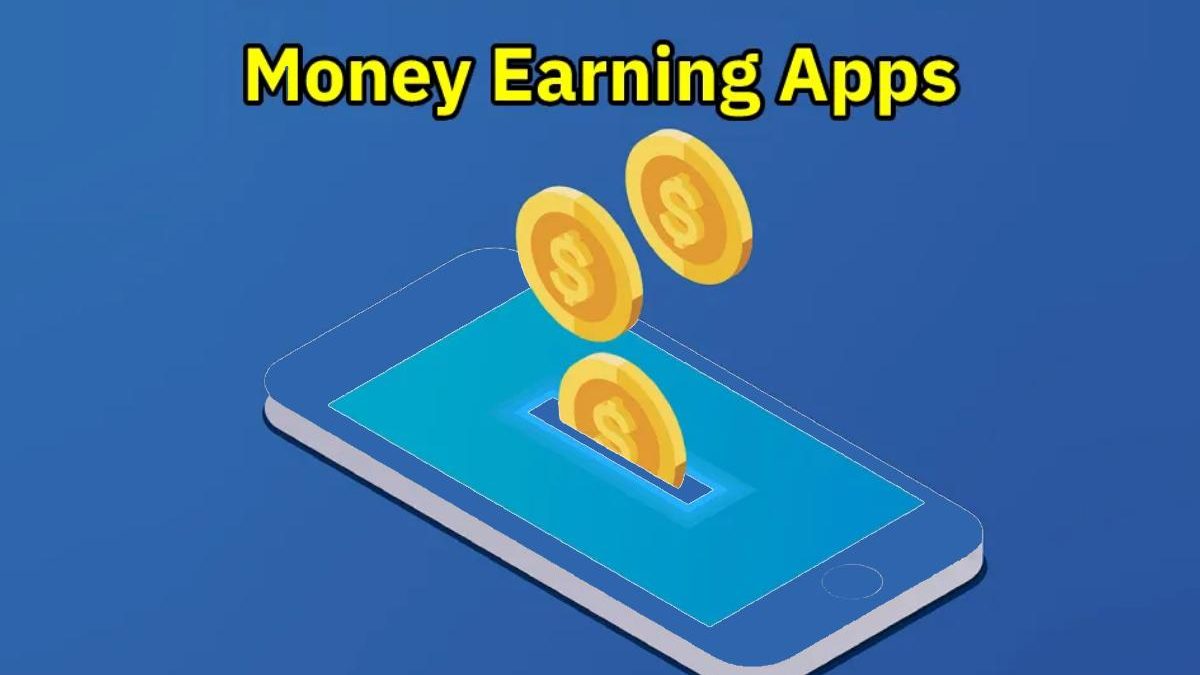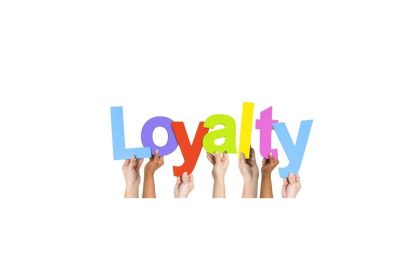The number of apps claiming to be able to make you money are staggering. The question is, are they safe? For many of them, the answer is an unsurprising no. That said, certain apps are more legit than others. Let’s dive in and cover what makes money earning apps risky and how to tell which ones are safe. Meanwhile, it might be a good idea to review these cybersecurity basics for beginners.
Table of Contents
What are Money Making Apps?
There are all kinds of money making apps. Everything from surveys that claim to compensate you for time spent filling out questionnaires, to games that offer you rewards the more you play.
There are plenty of cash back coupon apps or even shopping ones that have you purchase an item and reimburse you along with a bonus at the end. Depending on the company behind the app, some of these are more legit than others.
Of course, there are more traditional money earning apps, such as Fiverr, Uber, and Upwork, that are more along the line of an actual side hustle than some of the more questionable apps we’ll discuss.
What Makes an App Untrustworthy?
Keep in mind, there are exceptions to some of the red flags we’ll be listing. Still, for the most part, these are some good general concerns to keep in mind when you’re thinking of downloading a money making app:
- They promise quick and easy money for nothing in return
- They demand you pay up front before you can participate. An exception to this may be some gambling apps who have more legit reasons to “buy in”
- The app asks for overly personal information, like your social security number or financial information. That said, there are certain exceptions for this as some organizations have a legit need to pay you, especially for apps that are more of an official side hustle, like DoorDash. For the most part, though, these should be massive red flags as it could lead to identity theft
- If the app has mostly negative reviews, take heed!
- If the app has you perform a service, such as taking a survey, and then they ghost you and don’t actually pay…that’s when it is time to cut and run. This is surprisingly common
- If the app asks for excessive permissions on your phone, such as access to your contacts, location, or photographs. Pay close attention to everything you’re agreeing to when you install the app, as often people don’t read the fine print and give permissions that can be extremely harmful
- Some apps masquerade as legit ones, even imitating well respected apps to install Trojans, Viruses, and adware on users’ phones
- Lack of regulation, encryption, and financial monitoring. This is especially important in apps for online gaming or gambling
How To Protect Yourself
There are ways to still earn money from apps and keep yourself safe. Here are some tips:
- Do your research. Look up user reviews, articles, news reports, etc. Make sure the review is thorough, up to date, and trustworthy. For example, if you fancy your chances and are looking for the real money casino apps, check out casino affiliate sites for an honest review. They cover the review process, features, and heavily tout safety and security, which is crucial for gambling apps
- If you have to give financial information, give only the bare minimum and be sure it’s strictly necessary. If you ever have a valid reason to make a payment through the app, use your credit card rather than debit. It’s more secure and has better fraud protections
- Only choose reputable sites and apps. What’s more, be careful where you’re downloading them from as there are entities that will mimic valid sites and you’ll be downloading trouble
- If you get paid via peer-to-peer payment apps, like Venmo or Zelle, take precautions. Yes, these are legit financial apps and they offer a layer of anonymity, but keep in mind these payment apps are not usually insured by the FDIC (Federal Deposit Insurance Corp.). If something happens to the money stored on the app, you’re out of luck. Not to mention, you’re not protected from scams that actually take place on the payment app itself. The more your information is out there, the more likely someone will use a payment app to try to target you. If you receive money via payment apps, don’t store the funds in the app longer than necessary. It’s far safer in your actual bank account where there are financial safeguards in place
- Don’t give excess permissions! Reddit and other forums are a good place to see if anyone has run into problems with specific apps abusing permissions
- When you can, set up multifactor authentication, such as a password coupled with a text message code sent to your phone. Depending on the app, this may not be an option, but when it is, use it. It makes things that much more secure. On that note, be sure that your personal banking and financial apps use multifactor authentication, at the very least. That way if you’re compromised it will offer a bit more protection
- Frequently update your passwords. This helps slow down unauthorized access to your various accounts, especially if you accidentally gave an app permissions to your phone that you shouldn’t have
- Regularly check your bank accounts for suspicious activity. Look for any charges that look unfamiliar, even simple ones that are only a dollar or two. It’s a tactic that some scammers use, to skim a little off people’s accounts without being noticed
- Trust your instincts. If something feels fishy, it probably is
Conclusion
Many money making apps are actually adware, data gatherers, or even outright scammers. That said, there are legit ones out there, if you’re careful. Do your research, safeguard your personal information, and then research again. Here’s a great place to start with this article on why cybersecurity is so important in this digital age.
Related posts
Sidebar
Recent Posts
Engage Your Students With Typing Website – MonkeyType
Introduction Are you looking for a fun way to improve your students’ typing skills? Look no further than Monkeytype, the…
The Power of Loyalty Platforms: Driving Customer Retention
Are you struggling to keep customers coming back to your business? Discover the power of Yotpo’s loyalty platforms in driving…



